- Weekly Highlights from Arakan State (Jan 26 to Feb 1, 2026)
- Arakanese youth stabbed in Mae Sot urgently needs financial aid for medical treatment
- Five years on Myanmar faces uncertain military and political outlook after coup
- Myanmar Navy detains Pauktaw fishermen and demands ransom
- Junta Airstrikes on Arakan and the Consequences for Independent Media
Shortage of drinking water troubles Ponnagyun Twsp IDP camp
The IDPs use the lake in Myet Hle Village for drinking water during the rainy and winter seasons, but the water in the lake has dried up and the villagers are no longer allowed to use it.
24 Feb 2023
.jpg)
DMG Newsroom
24 February 2023, Ponnagyun
Almost half of the population in the A Htet Myet Hle camp for internally displaced people (IDPs) in Ponnagyun Township, Arakan State, is suffering from illness due to the impurity of drinking water, according to IDPs.
The IDPs use the lake in Myet Hle Village for drinking water during the rainy and winter seasons, but the water in the lake has dried up and the villagers are no longer allowed to use it.
IDPs are currently using water from a stream near the displacement camp, and they are suffering from diarrhea, cough, sickness and skin disease because the water is not clean.
“People throw all their dirt and garbage into the lake,” said Daw Khaing Than Aye, an IDP from the A Htet Myet Hle displacement camp. “When we use the water from that lake, itches and red spots appear on the body, and diarrhoea, cough, and sickness occur.”.jpg)
The A Htet Myet Hle IDP camp is home to more than 600 people from Theinchaung, Khamaung, Kinpi and Telwa villages in Kyauktaw and Ponnagyun townships. Children and the elderly are getting sick, and children are reported to be disproportionately suffering from diarrhoea and skin diseases due to impure drinking water.
“There are three or four people who had to go to the hospital because of diarrhoea. Some people get diarrhoea because they use stream water without boiling water to make it safe to drink,” said U Aung Naing Win, an IDP.
“We want to have sufficient water,” said Daw Ma Hla, an IDP. “I want social organisations to help us with drinking water. As the water is not clean, children are getting rashes.”
The IDPs have been displaced from their homes for almost four years due to fighting between the military and the Arakan Army. Though the two sides have reached truces on two separate occasions — including a currently prevailing ceasefire — they have not been able to return home, and face difficulties including limited access to food, healthcare and education, as well as the problem of seasonal water scarcity.




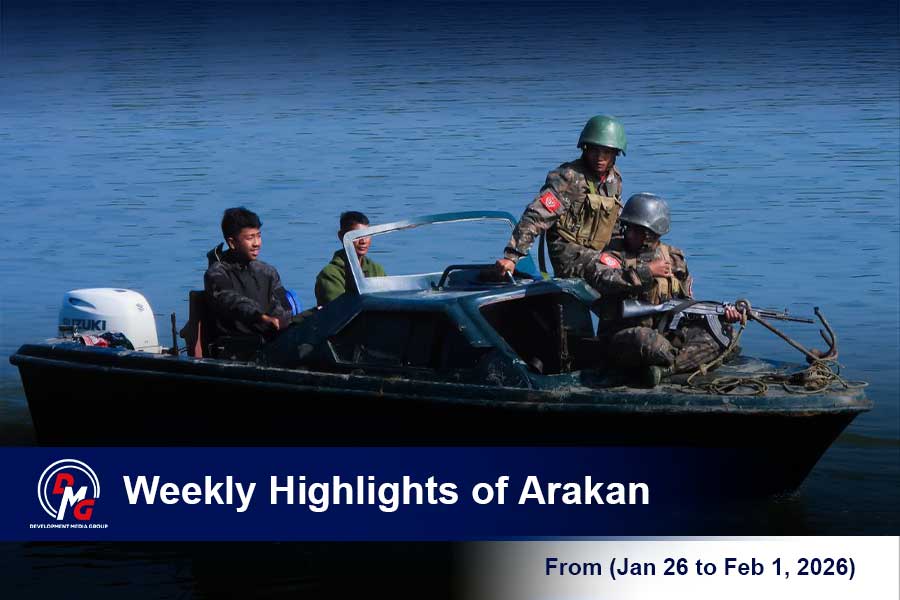
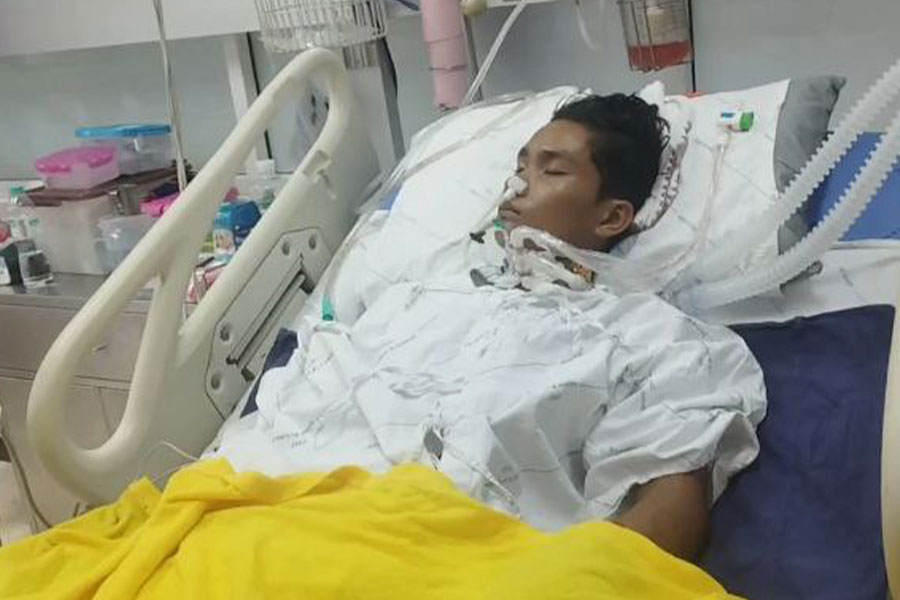
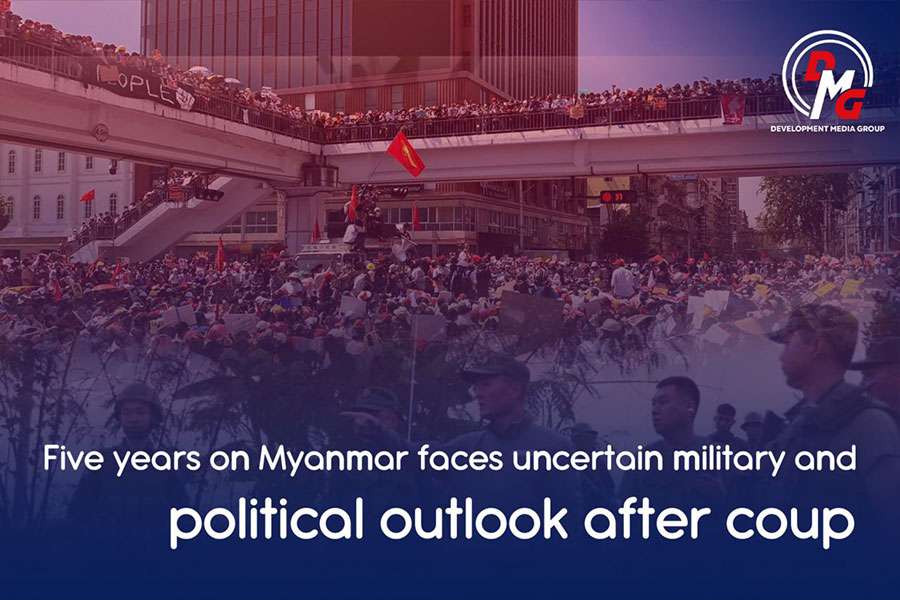
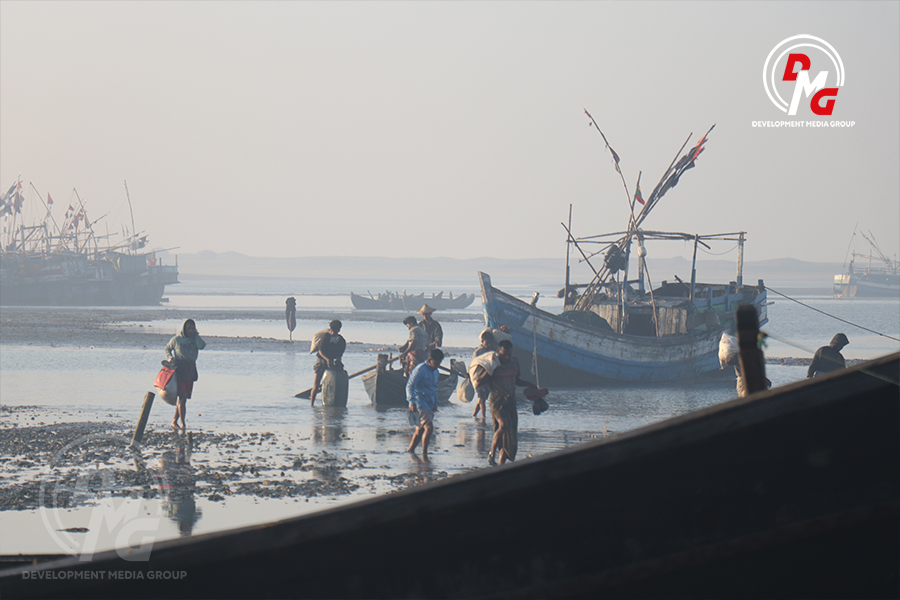
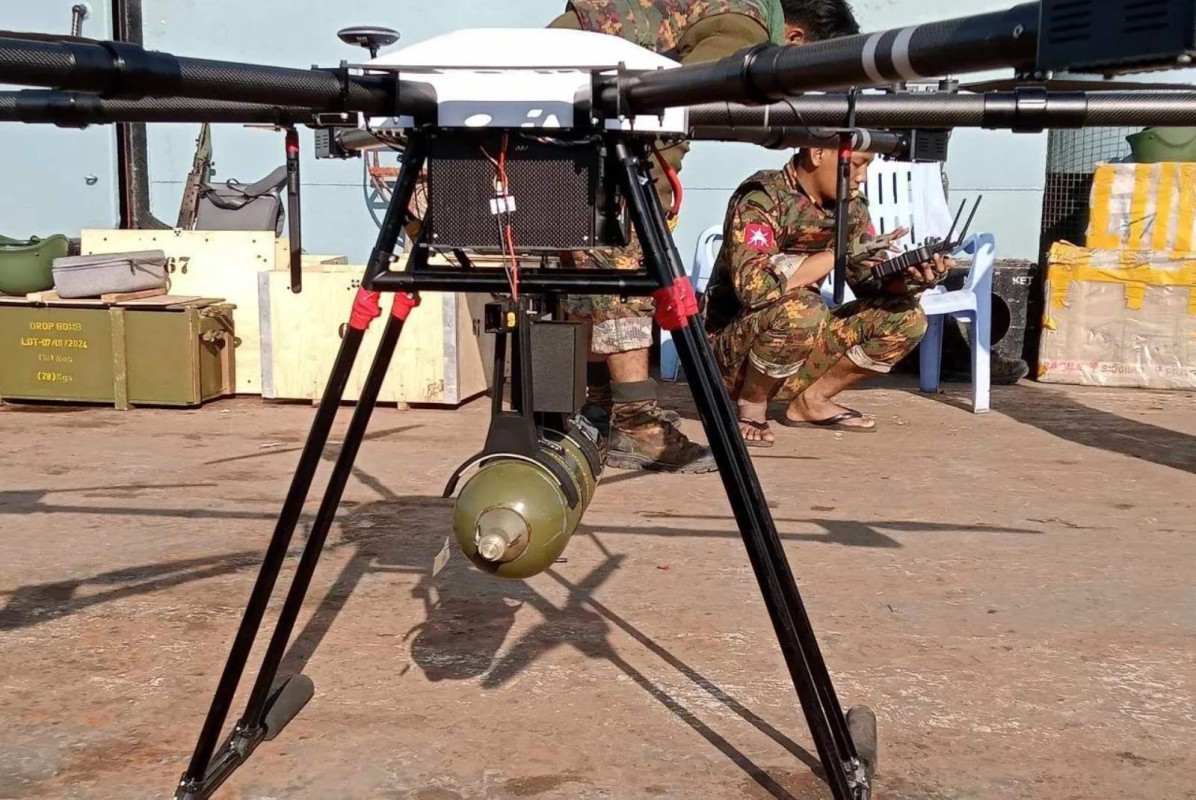






.jpg)

